Arrest notices issued for men connected to 2,750 tonnes of explosive material shipped into Beirut’s port.
Beirut, Lebanon – Interpol has issued three international arrest notices for the owner and captain of a ship that brought 2,750 tonnes of explosive material into Beirut’s port seven years before it exploded in the deadly August 2020 blast.
A judicial source told Al Jazeera on Tuesday Public Prosecutor Ghassan Khoury received a letter informing him the so-called “red notices” had been issued, based on the request of Lebanon’s judiciary.
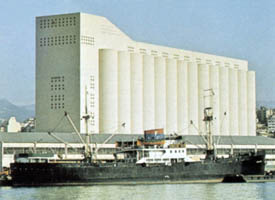
Those named are Igor Grechushkin, a Russian businessman and apparent owner of the MV Rhosus that brought the ammonium nitrate into Beirut in late 2013, as well as the ship’s captain at the time, Boris Prokoshev, who is also Russian.
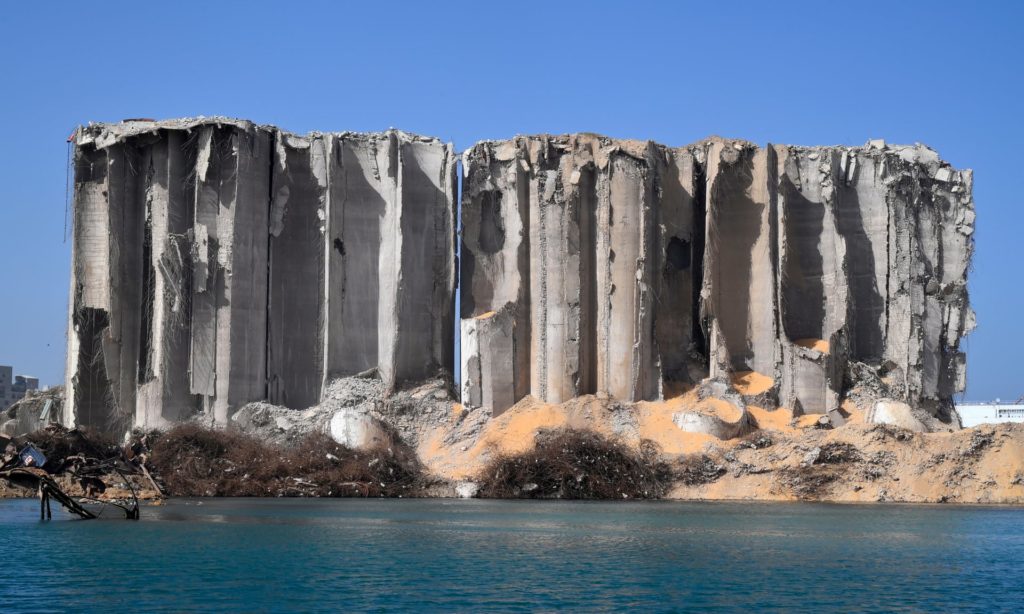
A notice was also issued for Portuguese national Jorge Moreira, who allegedly bought the explosive material from Georgian factory Rustavi Azot.
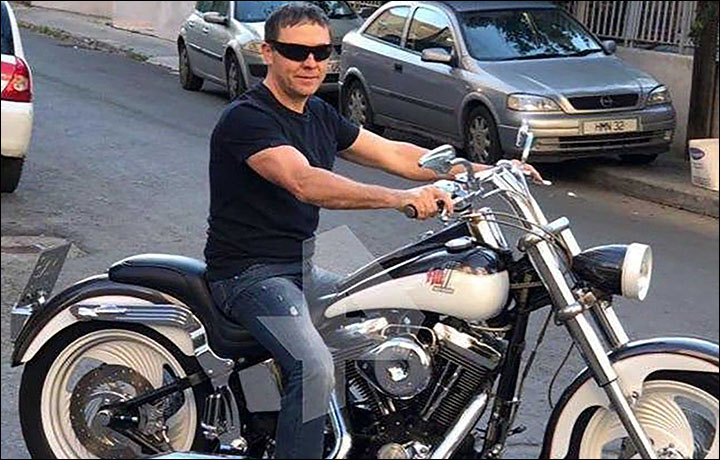
Moreira in 2014 visited the port warehouse where the material was stored, Lebanon’s state-run National News Agency reported.
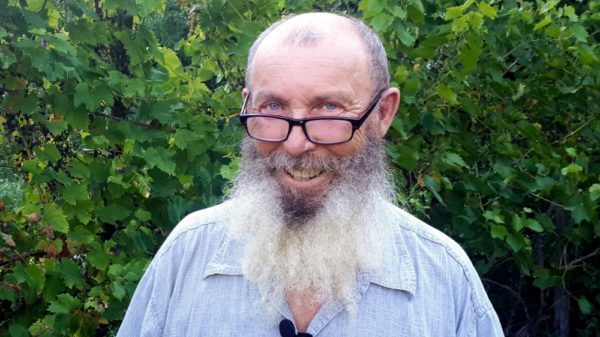
Red notices are non-binding requests circulated to law enforcement agencies worldwide to find and provisionally arrest people, often pending extradition. They are not the same as international arrest warrants.
After the explosive cargo entered Beirut’s port in 2013, Lebanese political, security and judicial officials failed to remove it from a hangar in the port for six years despite repeated warnings.
Over time, the hangar was used to store other flammable and explosive materials. It ignited on August 4, unleashing an enormous explosion that killed 200 people, injured more than 6,000 and destroyed large parts of the city.
Sources close to the investigation told Al Jazeera investigators they believe Grechushkin and Prokoshew are in Russia, while Moreira’s whereabouts are unknown.
Probe to resume end of month
The investigation into Lebanon’s worst peaces-time disaster, headed by Judge Fadi Sawan, has been paused for nearly four weeks after two influential suspects filed a motion to have him dismissed.
Sawan in December had charged the two former ministers and current members of Parliament, Ali Hasan Khalil and Ghazi Zaeiter, with criminal negligence over the explosion. He levelled the same charges against Lebanon’s outgoing Prime Minister Hassan Diab and former Public Works Minister Youssef Fenians.
Some 30 others had previously been arrested in connection with the blast.
Top Lebanese politicians quickly united in their condemnation of Sawan, arguing he did not have the authority to prosecute top officials because of political immunity, even as legal groups – including the prestigious Beirut Bar Association – said doing so was fully within his powers.
No top officials have been successfully prosecuted for crimes in Lebanon’s post-civil war history despite rampant corruption, mismanagement, and recurring political violence. This has fostered a culture of impunity.
Sawan paused his investigation on December 17 to allow a court to rule on Zaeiter and Khalil’s motion to dismiss him, but a judge on Monday said he should resume the probe.
Sawan will restart questioning on January 25 when a harsh COVID-19 lockdown in Lebanon is set to end, a source close to the judge told Al Jazeera, saying he would be unable to summon defendants or issue subpoenas before then.
ALJAZEERA
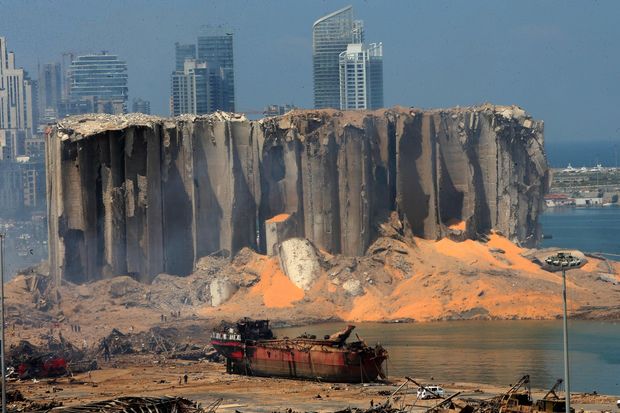

Leave a Reply
You must be logged in to post a comment.